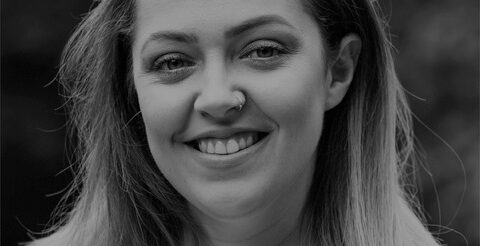Why diverse and inclusive teams are the powerhouses of innovation – PMLiVE


The benefits of diversity and inclusion in the workplace are beyond dispute; however, elevating the importance of DE&I, so that colleagues feel valued as individuals, is only half of the equation.
The real magic happens when each member of the organisation brings with them a different perspective and life story, resulting in valuable insights.
Put simply, diversity and inclusion drive innovation.
At Mednet Group, we employ people with long-term health conditions. It’s part of our social aim.
Our culture of support for the physical and mental well-being needs of our staff is the underlying foundation of our company, putting us in the unique position of having people on the ground with unmatched therapeutic understanding. And with a public that is increasingly well informed about health, and gathers data voluntarily to track their mood, sleep and activity, it is more vital than ever that we meet healthcare halfway by providing tools and content that complement and fill the gaps in a system under pressure. Harnessing the lived experiences of our team is key to understanding our customers and driving engagement.
Our project manager Erin developed epilepsy at the age of 17. So, when we had to create an epilepsy information campaign aimed at teens, Erin’s personal experience made her the obvious choice to lead the work. “I take medication and haven’t had a seizure in years, but it hasn’t always been this way. During those first months when I had those first few seizures and was being diagnosed, I was constantly angry and upset, and didn’t want to engage with any of the specialist doctors or nurses who were just trying to do their best for me. And then later, I got very depressed, which affected my studies, and meant I had to do exam resits. I did somehow survive those troubles, and now I enjoy working at Mednet, which is great because I get the time and space I need to pause sometimes, to look after myself. When this project came in, I really wanted to be involved, to help create the kind of support that I might not have rejected at that stage of my life.”
For the campaign, Erin came up with a series of brief explainer videos for social media, featuring a well-known young influencer who lives with epilepsy. Erin wanted each short to focus on a single aspect of dealing with epilepsy as an adolescent. Remembering what she went through herself, she highlighted key topics such as why it’s important to take epilepsy medication whether or not you’re feeling well, dealing with treatment side-effects, ways to reduce anxiety that are likely to appeal to teens and how to recognise depression (and get help). Erin also added a set of videos intended for friends of the person with epilepsy, introducing useful basic information about epilepsy, ways to offer support, and guidance on what to do if someone has a seizure.
Erin said: “At first, I didn’t want to face up to having epilepsy, and definitely didn’t want to talk about it. When I look back, I had a lot of worry about just being able to do normal stuff. If I could have shown my friends videos like these, I think I’d have been less cross about the whole situation. It would have helped me to relax a bit if I’d known my friends knew more about epilepsy and had an idea of what to do if I’d had a seizure.” She added: “It’s good for anyone to know they can rely on their mates and hopefully with the videos we can make life a bit easier for these kids.”
Erin and her team are now planning a ‘one-stop’ app specifically for younger teenagers, with elements such as gamified medication schedules, a space for noting side-effects, a mood tracker, a ‘Zen room’ with calming, meditative interactivity, and age-appropriate information about additional sources of support.
Erin’s story perfectly illustrates why diversity and inclusion remain core values for us: because inspired innovation is the tool that empowers high-impact engagement. It makes a real difference to patients and the healthcare professionals that support them.
Erin Harman is Project Management Lead at MedNet Group
